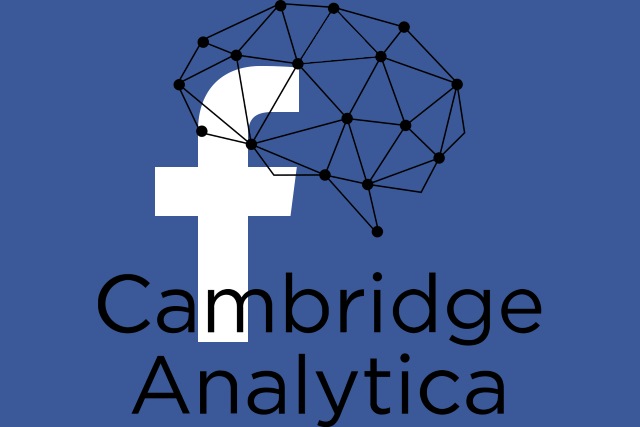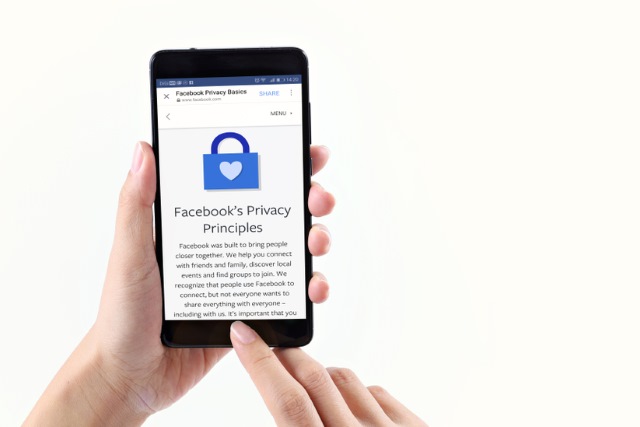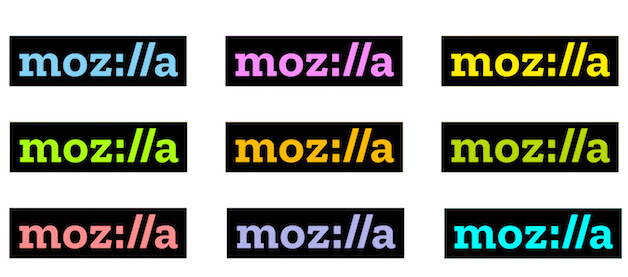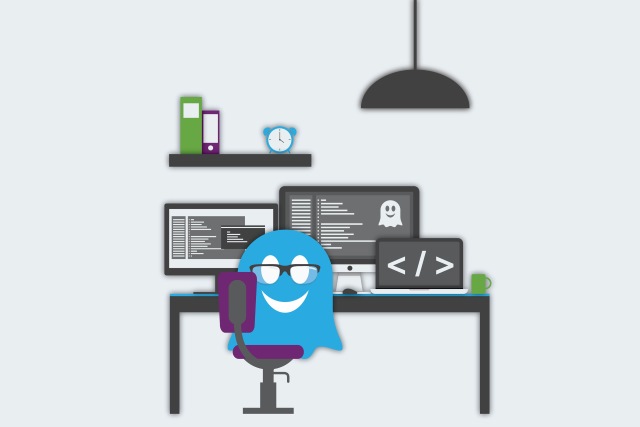
Guess who Facebook is blaming for its creepy phone call and SMS logging? You!
There has been much in the news lately about Facebook letting its users down. The most egregious abuse is the Cambridge Analytica scandal, where the social network allowed that third party company to collect private user data. It has led many to join the #DeleteFacebook movement, where angry users have terminated their accounts. Facebook has since apologized using full-page newspaper advertisements.
Unfortunately, there is yet another Facebook outrage happening at the same time -- it has been discovered that the company has been logging phone call and SMS information from Android users. Today, Facebook admits to the behavior, but it claims the blame is with users. In other words, Facebook is taking no responsibility.

Facebook places full-page ads in British and American newspapers to apologize for Cambridge Analytica data leak
Full-page advertisements have appeared in a number of Sunday newspapers in the UK and US as Facebook embarks on a damage limitation exercise following the revelations about Cambridge Analytica's use of personal data.
The ads, signed by Mark Zuckerberg, say: "We have a responsibility to protect your information. If we can't, we don't deserve it." The apology -- of sorts -- adopts a similar tone to Zuckerberg's previous statements and interviews about the matter, and comes as the social network faces calls for not only regulation, but also as the London offices of Cambridge Analytica have been raided by the Information Commissioner's Office.

Privacy: Facebook has been collecting call and text data from Android users
It has been a bad week for Facebook -- and its users -- after it was revealed that Cambridge Analytica had harvested data from millions of accounts on the social network. Now it turns out that Facebook itself has been engaged in gathering user data.
A social media user, Dylan McKay from New Zealand, downloaded his Facebook archive and was shocked to discover that nearly two years' worth of call and text logs from his Android phone were included. McKay is not alone, and it's possible that details of your communication have been logged as well.

Vivaldi collaborates with DuckDuckGo to improve browser privacy
Vivaldi Technology has announced a new collaboration with the privacy-centric search engine DuckDuckGo. In coming together, DuckDuckGo will be made the default search engine in a Private Window.
The aim is to further increase the privacy offered by the Vivaldi web browser, helping to ensure that searches that are conducted in a Private Window really are private.

Mozilla pulls advertising from Facebook
Mozilla is not happy with Facebook. Not happy at all. Having already started a petition to try to force the social network to do more about user privacy, the company has now decided to withdraw its advertising from the platform.
The organization is voting with its money following the misuse of user data by Cambridge Analytica, as it tries to force Facebook into taking privacy more seriously.

Facebook reveals the steps it will take to avoid the next big data breach
After it was revealed that private data belonging to 50 million Facebook users was shared with data analytics company Cambridge Analytica, there has been much talk about what went wrong and how something similar can be avoided in the future. Mark Zuckerberg issued a non-apology, but Facebook has also indicated some of the things it will be doing in the wake of the fiasco.
Zuckerberg says that back in 2014, steps were taken to restrict the access apps have to data, and the social network also plans -- in the name of transparency -- to inform everyone who has been, or may have been, affected by the data breach. New tools are also on the way to give users greater control over apps, and to prevent abuse of Facebook and the data it holds.

Mark Zuckerberg's failure to apologize about the Cambridge Analytica privacy breach is despicable
After five days of complete silence, Mark Zuckerberg finally decided to face the music and talk about the Cambridge Analytica debacle which has seen the private information of more than 50 million Facebook users harvested by the data analytics company
Yesterday, the Facebook founder condescended to issue a statement about the privacy breach, and also appeared in a CNN interview. He was, of course, quick to point out that his company has already cleaned up its act and would be doing a lot more, including auditing apps and developers. So far, so face-saving. One thing he rather forgot about, however, was saying sorry to the hordes of people affected by the matter.
Mozilla launches a petition asking Facebook to do more for user privacy
In the fallout from the Cambridge Analytica debacle, Facebook has been roundly criticized for not only its handling of the situation, but also its attitude to privacy in general. The criticism comes not only from users, but also politicians and technology firms. The latest company to speak out is Mozilla.
After it was revealed that the personal data of 50 million Facebook users was shared without consent, Mozilla is calling on the social network to ensure that user privacy is protected by default, particularly when it comes to apps.

Facebook suspends Trump campaign's data analytics team, Cambridge Analytica, for harvesting private information of 50 million users
Facebook has suffered what has been described as the social networks "biggest ever data breach" after Cambridge Analytica and its parent group Strategic Communication Laboratories (SCL) harvested data from more than 50 million users.
Cambridge Analytica is best known for its work with the Trump campaign for the 2016 election, and Facebook found that the company had violated it data privacy policies. The data was used as part of a "microtargeting" campaign to try to predict and influence voters' choices in the election.
The shady world of mobile app tracking
Most of us click on the Agree button when we install apps without actually reading the privacy agreement.
But some new research from Princeton University and other bodies reveals that many apps use a network of third-party services -- often invisible to the user -- that provide analytics, social network integration, and monetization.

Privacy: Hotspot Shield, PureVPN, and ZenMate found to leak sensitive data
VPN tools have been in the headlines recently. Firstly, Facebook's Onavo VPN was found to be gathering user data, and then McAfee snapped up VPN firm TunnelBear. Now for users of Hotspot Shield, PureVPN and ZenMate, there's a warning: sensitive data such as your real IP address may be leaked.
A VPN company with a strong interest in privacy, vpnMentor, commissioned research into the three well-known tools, and problems were found in all of them. The developers were notified, but only HotSpot Shield has addressed the problems that were found.

American Civil Liberties Union lawsuit complains about TSA searches of phones and laptops
The American Civil Liberties Union (ACLU) has filed a lawsuit against the TSA, asking for details to be released about the policies governing searches carried out on phones and laptops on domestic flights.
There have been a number of complaints recently from passengers unhappy with the fact that their devices have been searched without any reason being given. Concerns are mounting about invasion of privacy, hence the ACLU's interest in finding out precisely why the searches are being carried out.

Ad-blocker and privacy tool Ghostery goes open source, and has new ways to make money
In an attempt to improve trust and transparency, ad-blocking tool Ghostery has gone open source. It comes after Ghostery was acquired by Cliqz last year and raised a few eyebrows with the business model it put in place.
As well as going open source, Ghostery is also introducing new ways of making money. Rather than selling anonymized user data to third parties, there are now two income streams: Ghostery Insights and Ghostery Rewards. The former is a premium product for which details have not been revealed, the latter an opt-in marketing system.

McAfee buys VPN firm TunnelBear
Security firm McAfee has announced the acquisition of VPN company TunnelBear. Full details of the deal have not been revealed, and it is not known how much money has changed hands.
With a growing awareness of the importance of online security and privacy, VPN tools have grown in popularity in recent years, and the Canada-based TunnelBear has managed to gather 20 million users around the world.
Facebook Onavo VPN app gathers user data even when it is disabled
It is a number of years since Facebook acquired mobile data compression firm Onavo, but in recent weeks concern mounted about how the social network's Onavo VPN tool collects user data.
The collection of user data while an app or service is being used is one thing, but a security researcher noticed that Onavo seemed to gather certain snippets of user data even when switched off.
